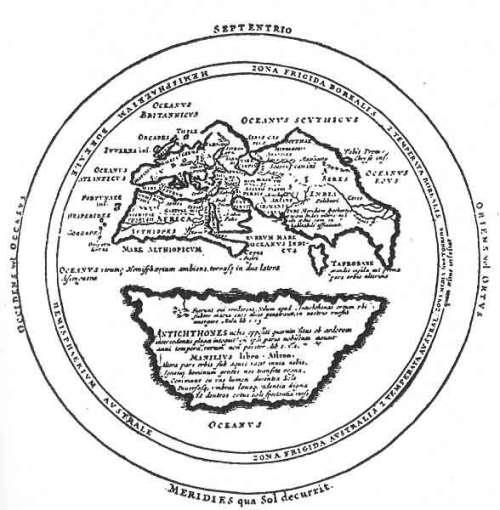
IANNIS XENAKIS
Янис Ксенакис
ヤニス·クセナキス
ANTIKHTHON
In 1971, Iannis Xenakis composed a work called Antikhthon. Commissioned by Balanchine for the New York City Ballet, this overwhelming composition refers to a hypothetical planet, proposed in the 5th century BC. by the Pythagorean philosopher Philolaus. “Antichthon” is the name that the Greeks gave to a hypothetical celestial object, the Counter-Earth, located between the Earth and the center of the Universe to prevent man from looking directly at Zeus, who had his throne there.
